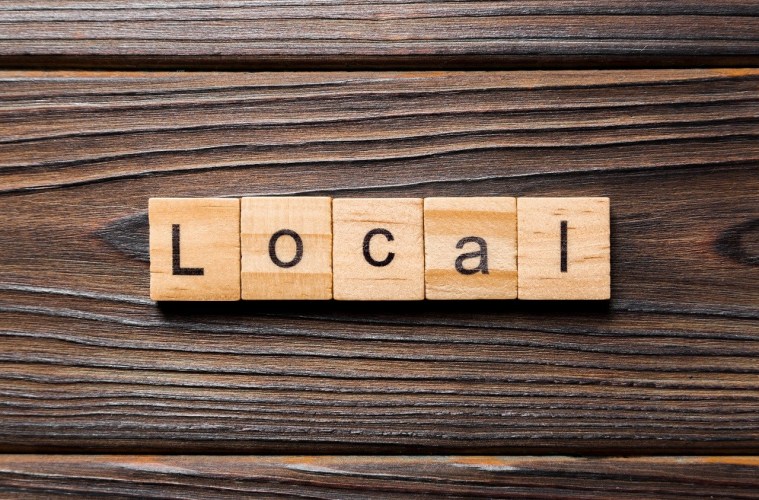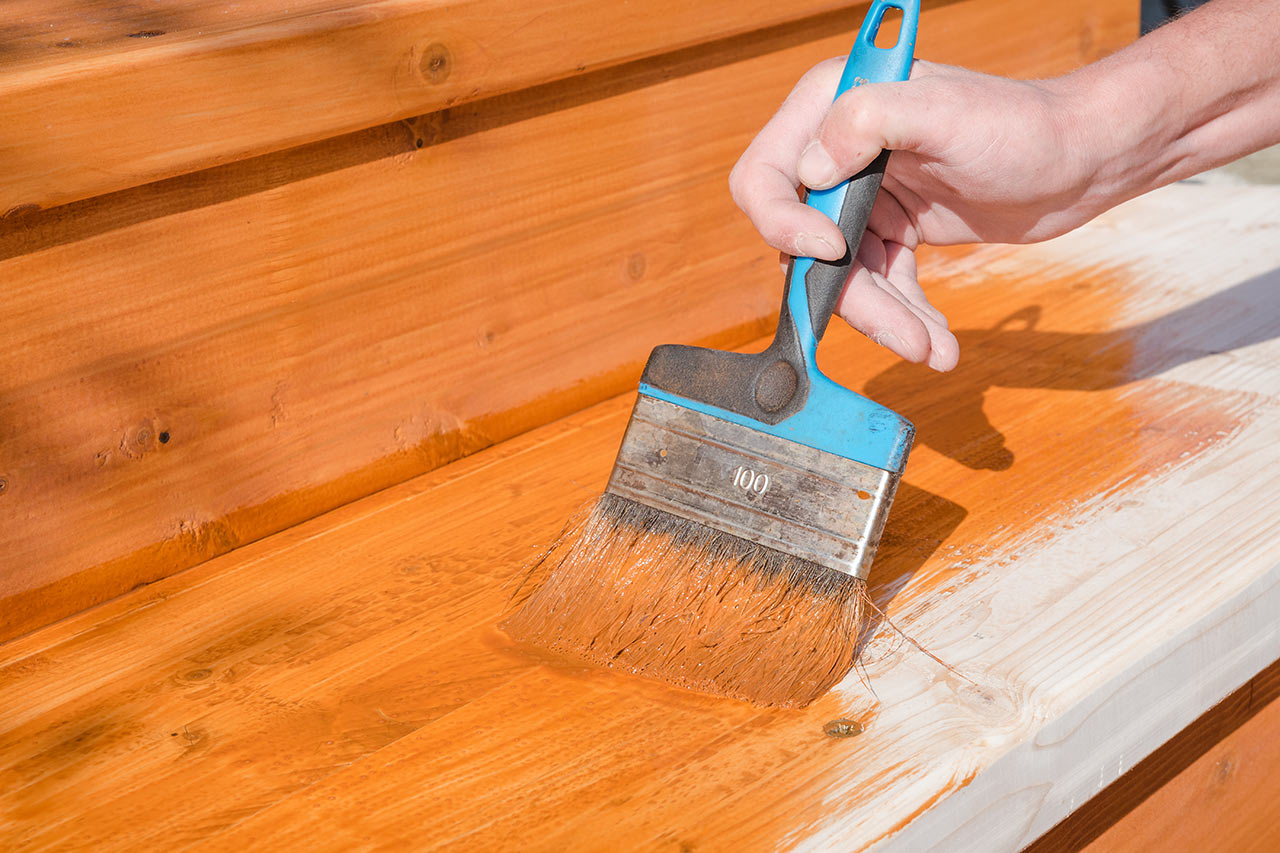Now more than ever, our local community needs our love and support. Whether you’re able to donate time, money or other resources, we’ve rounded up a few comprehensive local guides to help you get involved and give back.
Donate to Coronavirus Causes

This list compiled by The Seattle Times is extensive — covering everything from animals to research and social services, direct support for artists, businesses and restaurant workers, and volunteering opportunities. The Times also includes helpful information for researching charities and how to look up nonprofit spending.
Volunteer Across King County

This comprehensive crowd-sourced list is organized by what’s needed. From writing notes to neighbors living in senior centers to delivering food, mentoring kids or donating blood, this list connects you with organizations across the county and gives you the info you need to get involved.
Help Feed the Front Lines
The brokers at Windermere Real Estate Co. have started a drive to get lunch twice a week for the medical professionals at UW Neighborhood Clinics. The drive is a partnership with chef Renee Erickson, a James Beard Foundation award winner, and her restaurant The Whale Wins. This effort serves both as a thank you to our medical front-liners and as a boost to a beloved local business. The goal is to raise $19,000 to provide over 1200 lunches. If you’d like to participate or donate, you can do so on the Windermere Foundation’s website and make sure to type Feed the Front Lines in the “Office Name” box at the top of the form.
 Facebook
Facebook
 X
X
 Pinterest
Pinterest
 Copy Link
Copy Link






 This speedometer reflects the state of the region’s real estate market using housing inventory, price gains, home sales, interest rates, and larger economic factors.
This speedometer reflects the state of the region’s real estate market using housing inventory, price gains, home sales, interest rates, and larger economic factors. As Chief Economist for Windermere Real Estate, Matthew Gardner is responsible for analyzing and interpreting economic data and its impact on the real estate market on both a local and national level. Matthew has over 30 years of professional experience both in the U.S. and U.K.
As Chief Economist for Windermere Real Estate, Matthew Gardner is responsible for analyzing and interpreting economic data and its impact on the real estate market on both a local and national level. Matthew has over 30 years of professional experience both in the U.S. and U.K.












 Image Source:
Image Source: 



